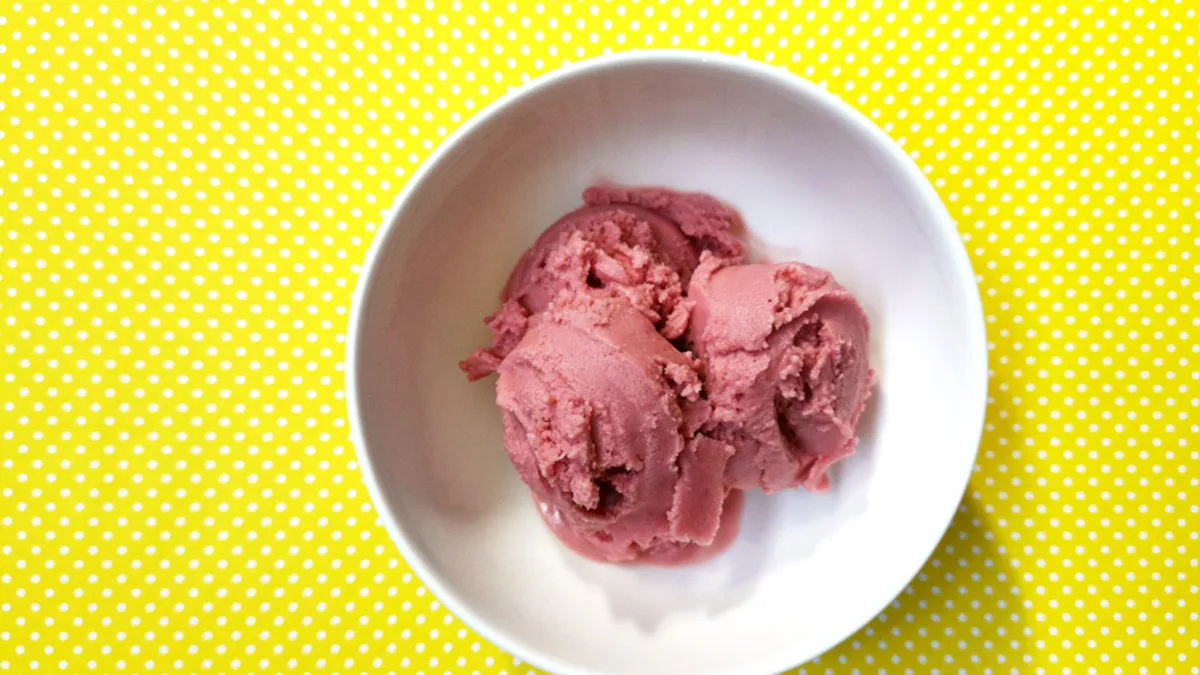- Approximately 65% of people worldwide are lactose intolerant.
- US dairy sales are expected to drop by 11% by the year 2020.
- Dairy-free milk sales rose 61% between 2012 and 2017.
- Non-dairy ice cream market estimated to be worth $1 Billion by 2024.
The frozen dessert aisles are quickly filling up with non-dairy products. Don’t call these alternatives. While traditional ice cream sales still outnumber non-dairy product sales by far, the dessert market isn’t defined by its lactose content—in fact, a lack of lactose seems to be trending. Vogue magazine’s July issue included a feature about innovative, non-dairy “ice cream”. Women’s Health magazine also ran a piece on “vegan ice creams that will make you forget all about dairy.”
Between 2012 and 2017, sales of non-dairy desserts rose 61 percent and experts estimate that the non-dairy dessert market will be worth $1 billion by 2024. “We are seeing a huge growth in the plant-based market, particularly in frozen desserts,” says Andrew Kinnear, co-founder of Yellofruit non-dairy frozen banana dessert. “Vegan products are no longer just for vegans. More and more people are turning to plant-based products when they want to eat more healthfully,” he says.
Why not dairy?
Why are consumers turning to non-dairy desserts? Dietary restrictions, health and environmental factors all play a role. Approximately 65 percent of people worldwide are lactose intolerant to different degrees. This means that their body no longer produces lactase, the enzyme needed to digest milk products. Most humans produce very small amounts of lactase after infancy, but not everyone exhibits the uncomfortable gastrointestinal symptoms of lactose intolerance.
A combination of the side effects of lactose intolerance and a growing movement towards cleaner eating among millennials has led many consumers to view dairy products as unhealthy. The elevated growth hormones that are often found in factory farmed dairy cows are disconcerting to health-conscious consumers who get their calcium, protein and vitamin D requirements from fortified, plant-based sources.
Plant-based foods in general are on the rise. It’s been studied and proven: a study published in 2018 in Science, a peer-reviewed academic journal, reveals that avoiding animal products—specifically dairy and beef—is the most significant way to reduce one’s impact on the earth. “If you can make delicious dessert without contributing to climate change, why continue to use traditional ingredients?” says Kinnear.
Just because consumers may be interested in cleaner eating and the environment doesn’t mean that they don’t enjoy dessert. Consumers of all ages, but specifically millennials, are looking for organic, plant-based products with ingredients they recognize—and the market is delivering










